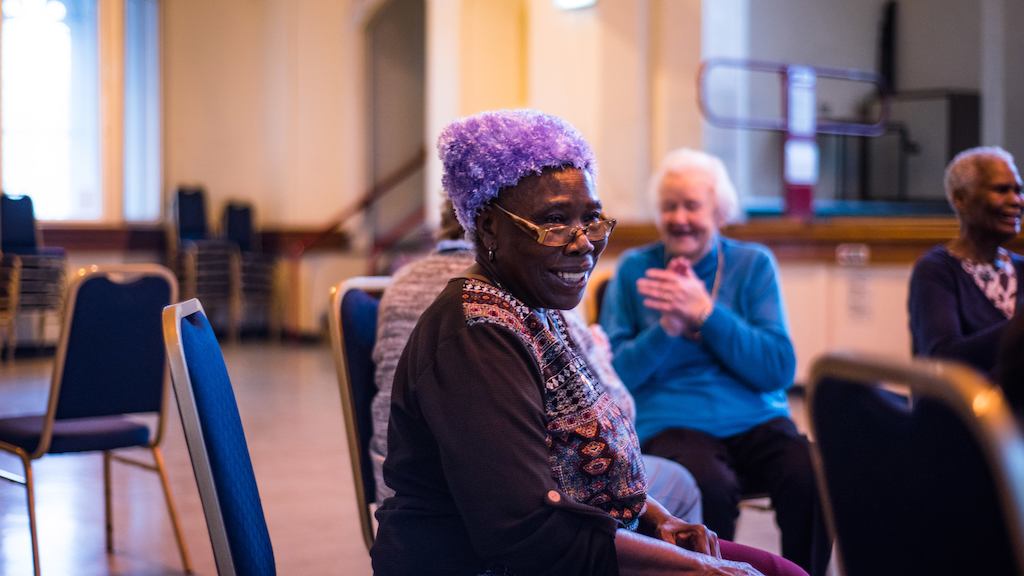It’s a common refrain: Britain faces a growing social care crisis. The worrying thing is that, while many people say there’s a problem, no-one seems to know how to solve it.
In just 15 years, over a million more people will be aged 85 or over. While our longer lives should be celebrated, there’s a catch. A 65-year-old today can expect to spend around a decade suffering from poor health. And a recent study shows that, by 2035, there will be a million over-65s needing round-the-clock care.
If nothing changes, estimates suggest healthcare spending will have to increase by 3.3% every year for 15 years, and social care spending by 3.9%. An extra £15 billion in funding will be required by 2030. And all this just to cover growing demand.
Some financial solutions have been proposed, such as a Care ISA, or using property as collateral to pay for care. The thing is, with many people in the ‘sandwich generation’ struggling financially, approaches focused on encouraging more savings are unlikely to work. While many older people own their home, property values vary across the country, and the number of older private renters is set to increase.


